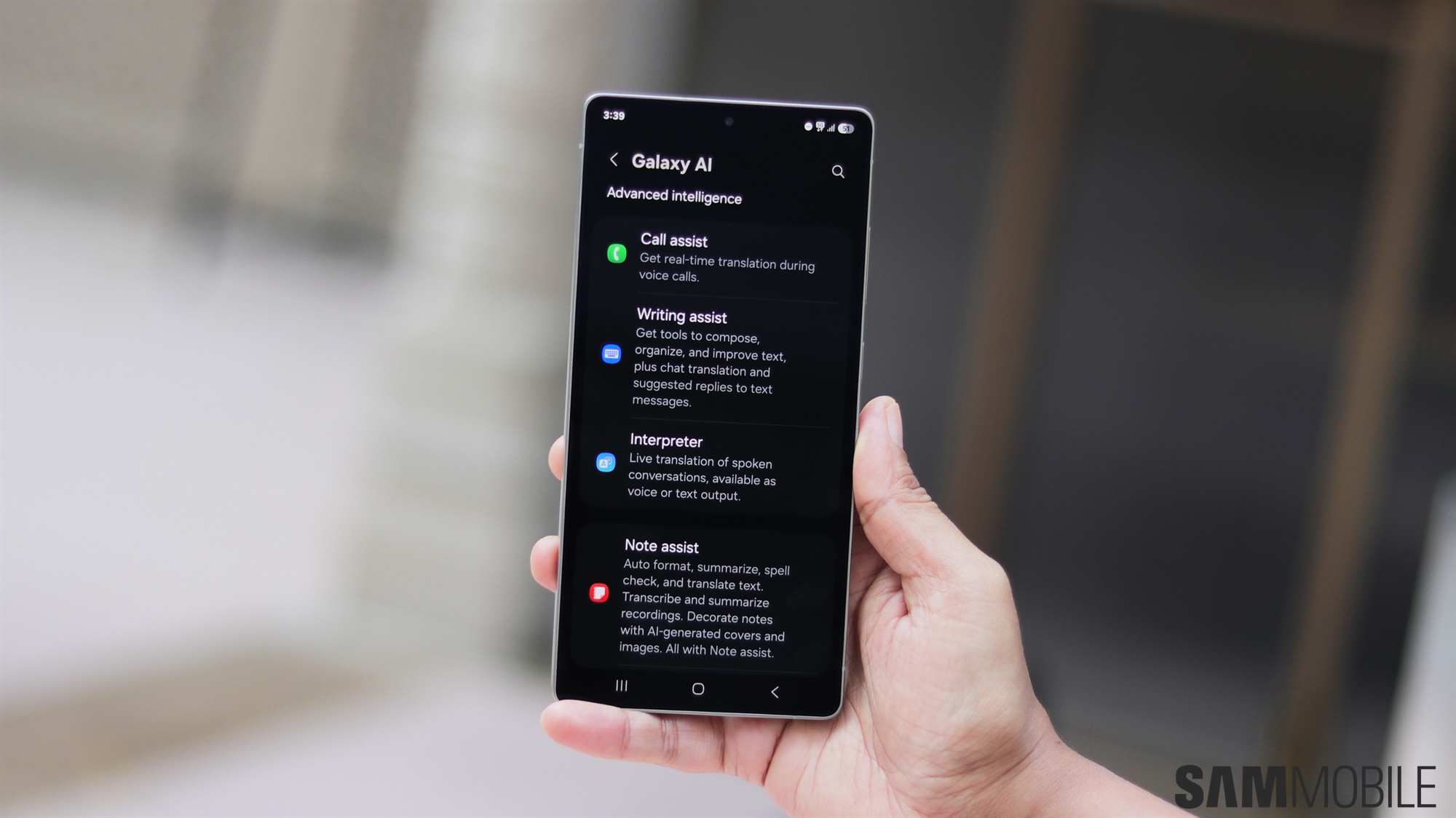Notifications
Posted by - Support KAAYXOL -
on - 5 hours ago -
Filed in - Technology -
-
5 Views - 0 Comments - 0 Likes - 0 Reviews

Apple never lets an opportunity go to waste where it can highlight its commitment to privacy. It's done some objectively good stuff to protect user data on its devices. This has become all the more important in the artificial intelligence gold rush we're in. These models are ultimately trained on data – yours and mine – and often in our excitement to try these features we tend to neglect what these companies are doing with it.
Samsung beat Apple to the punch with AI on smartphones. Last year's Galaxy S24 series brought Galaxy AI, a collection of features that helps with everything from summarizing notes, translating calls, sprucing up photos, and more. Some of those features, like real-time translations and Circle to Search, are powered by Google's AI, adding another party in the mix that gets access to data.
Sure, we've been told that a lot of the AI processing happens on-device and that privacy is ensured, but those of us out there who tend be careful about their data would prefer a lot more insight about precisely what we're feeding these companies to train their AI models.
Apple put out a long post on its website this week diving deep into its differential privacy technique. It clearly says that users' private personal data or interactions aren't used to train Apple's foundational models. The company went into a lot more detail about how this actually works.
For example, Genmoji is an Apple Intelligence feature that lets users create custom emojis through prompts or their photos. Apple needs to identify popular prompts and prompt patterns to improve the models that power Genmoji.
It does that by generating synthetic data that's not tied to any user or device and then polls users' devices, if they've opted in to share data with Apple, with fragments of this synthetic data to measure how accurate the models are and then improve them.
Apple Intelligence also offers summarization and writing tools like Galaxy AI. The company ensures privacy by creating synthetic data that reflects aggregate trends without collecting or reading any user emails. This helps train models to provide better outputs for features like email summaries. Apple has also vowed to extend the same privacy protections to other AI features covering photos, videos, and text.
It doesn't matter if the vast majority of Apple device owners never read this post or fully grasp what's being explained here. What matters is that the company is being transparent so at least those who do want to know how exposed their data might be have something to go on.
This approach is a solid win for Apple from an optics standpoint. It looks good that a company participating in the relentless march towards AI in everything is taking the time to provide valuable insight. It's not just attracting users with the allure of AI and conveniently sidestepping the fact that these companies need our data to make these features better.
Samsung takes user privacy seriously too but I wish it made as big of a deal about it as Apple does. Galaxy AI takes center stage during its flagship product launches now. I'd like to know how my images are being processed for Generative Edit, what Chat Assist does with my text when it provides tone suggestions, what happens to my musings when Samsung Notes auto-formats them, and if my voice notes contribute to making the models that produce transcripts better.
For all we know, Samsung might be running a tight ship on all of this, even better than Apple but it's losing the perception game to its rival. Apple's willingness to be open about this is also a shrewd coup of perception, it knows that doing this makes it stand out as the only company that's open enough to share these things with customers. This makes all its rivals seem like they just want their users to look at the shiny AI features without thinking about what's going on behind the scenes.
It's important for us too as end users to not get swept up in this AI wave without understanding the implications it may have for our data privacy. The hunger for data will become insatiable as models will plateau once there's not enough data to gobble up, so companies will come up with more creative ways and means to get it from us.
The post Samsung shouldn’t let Apple hog the AI data transparency spotlight appeared first on SamMobile.

